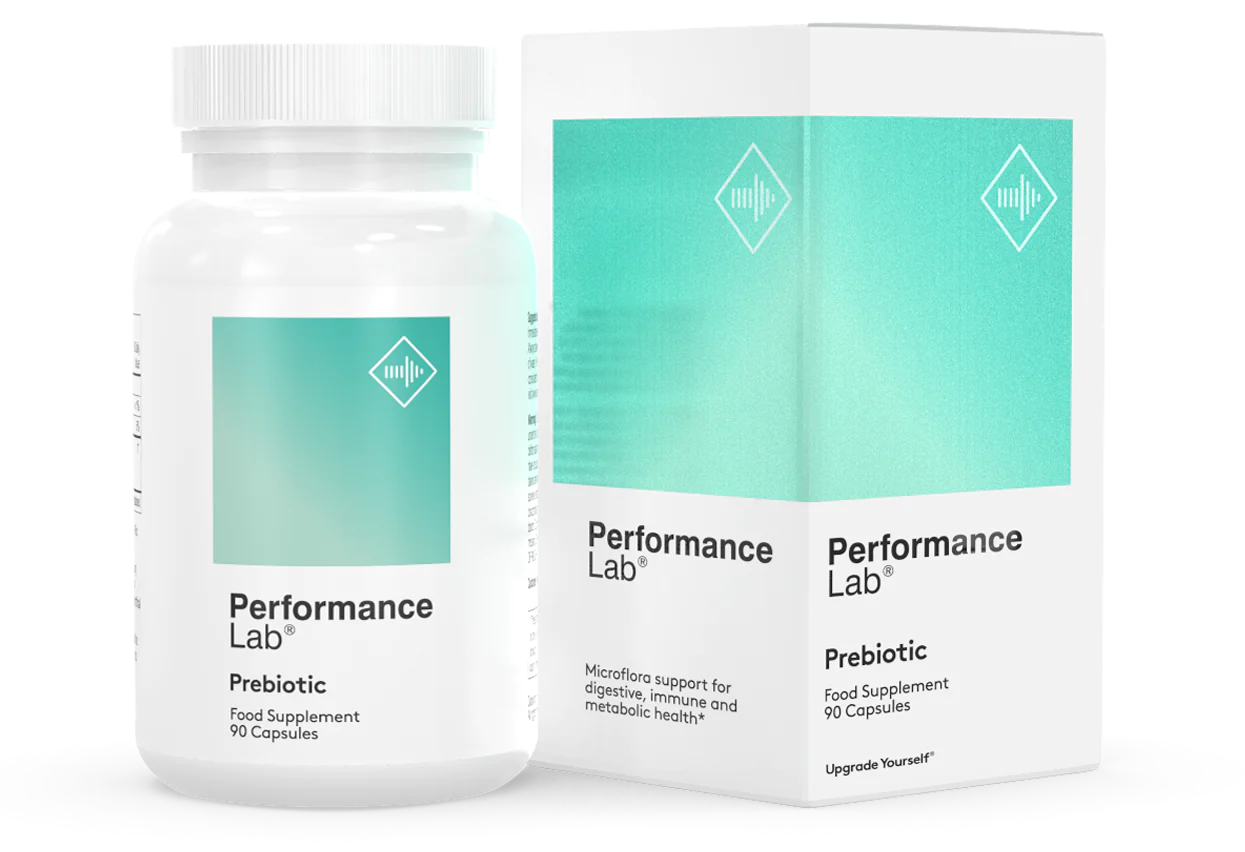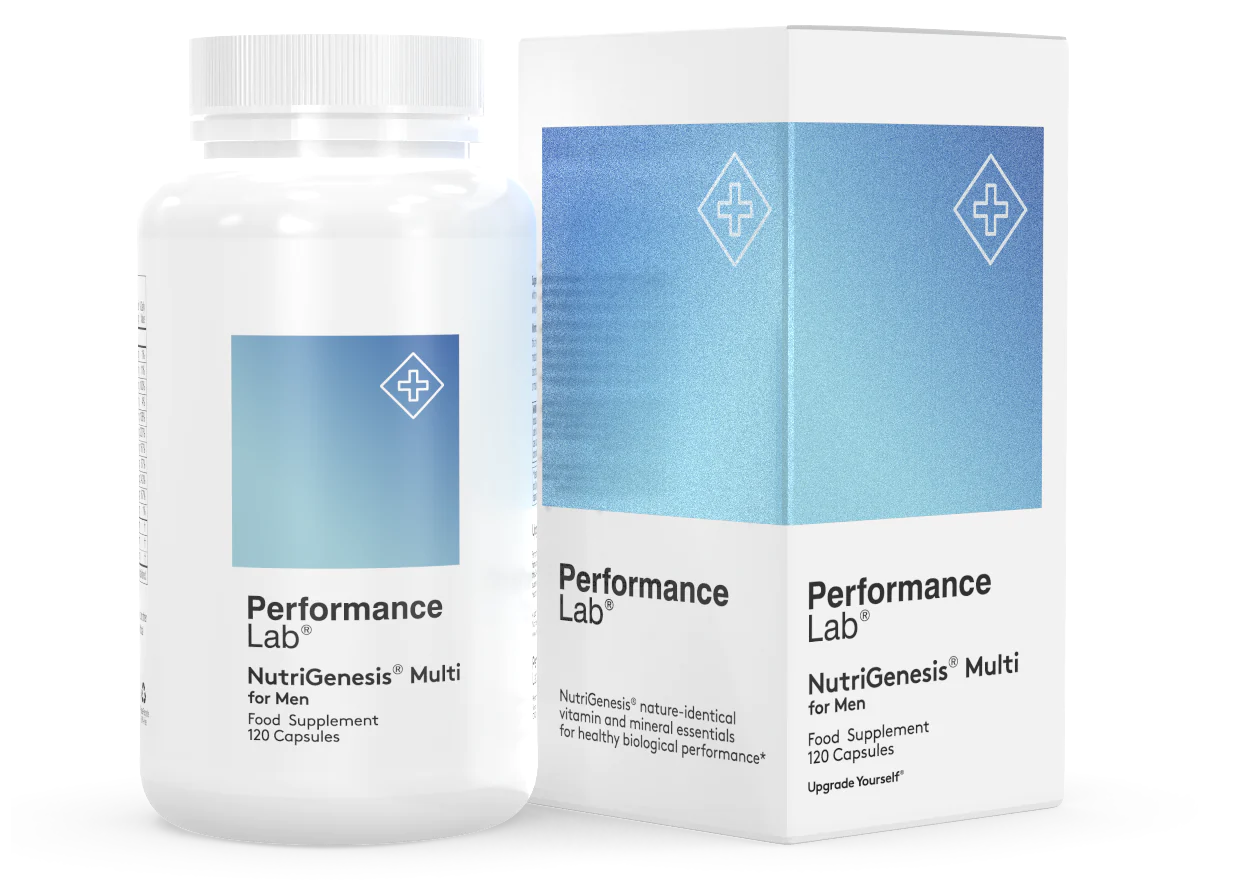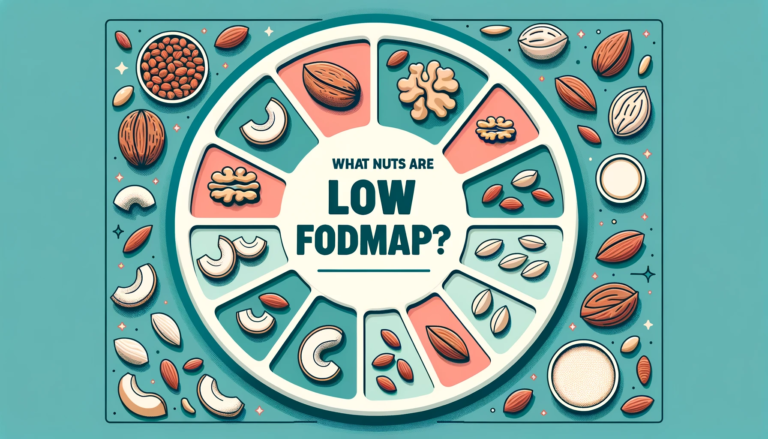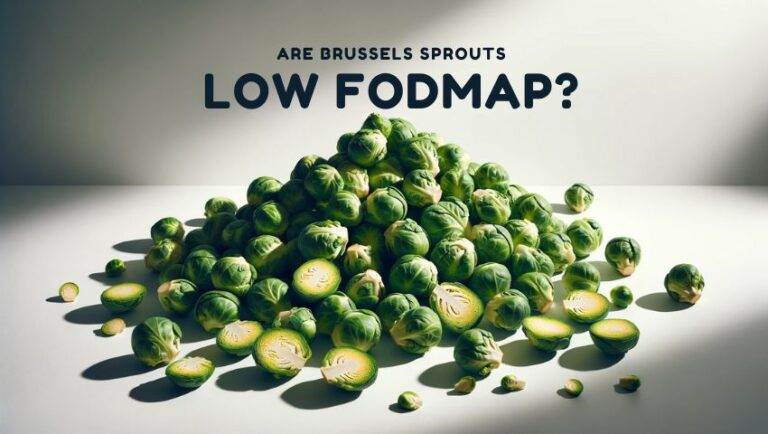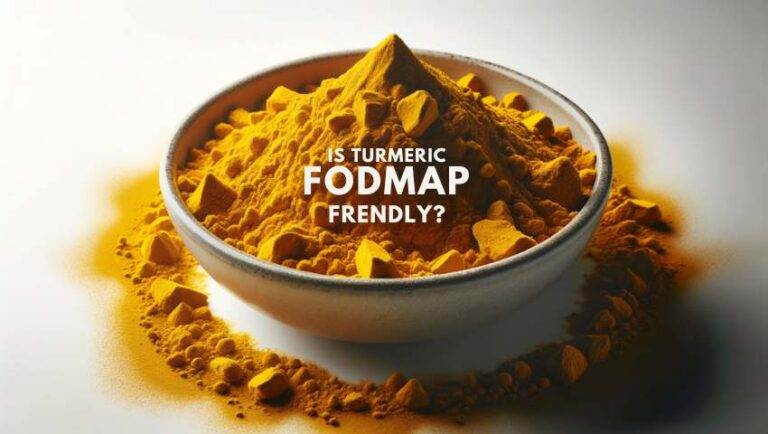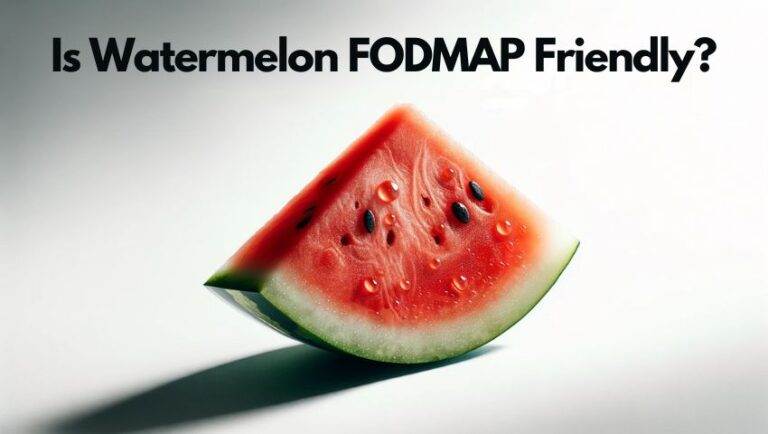Is Honey High FODMAP? – Complete Guide for IBS Sufferers

There’s nothing like honey’s sweet caress on your morning toast.
But whoa there! If you’re an IBS sufferer like me, you may wonder – is honey high FODMAP?
Yes, this liquid gold is high in FODMAPs. The reason? – honey contains a high amount of fructose in a portion size of over 1 teaspoon.
It’s a bit like finding out your favourite superhero has a dark side.
But hold your horses! Don’t write off honey just yet – there’s more to this story than meets the eye.
The Buzz on FODMAPs: A Beginner’s Guide
Understanding FODMAPs is a game-changer, especially for those having a rough time with irritable bowel syndrome (IBS).
It took me a while to get my head around them, but as an IBS sufferer, boy, was it worth it.
Here’s the buzz: FODMAPs, or Fermentable Oligosaccharides, Disaccharides, Monosaccharides, And Polyols, are carbohydrates that can cause digestive discomfort, and for people with IBS, they may exacerbate symptoms.
So, if you find that honey, a natural sweetener high in fructose, makes your tummy rumble, you’re not imagining things.
The good news? There’s no need to ban all that sweetness from your life – a small portion of 1 teaspoon or less is considered low FODMAP.
There are countless low FODMAP alternatives to replace honey, and with some creativity, you won’t even miss the sticky stuff.
It’s all about understanding what high-FODMAP foods – like honey and some other high-FODMAP sweeteners that are major culprits – do to your gut and how swapping them out can give you some much-needed relief.
Supercharge your performance and optimize gut health with Performance Lab Prebiotic. Unleash your true potential and experience the winning edge you’ve been searching for.
Diving into the Honey Pot: Uncovering the FODMAP Content in Honey
When considering different types of honey, you should remember that not all are created equal.
While we’ve all heard rave reviews about the health benefits of Manuka honey, it may not be the best fit when following a low FODMAP diet.
Interestingly, studies have tested clover honey and found it to be high FODMAP due to a significant presence of fructose.
However, not all hope is lost! After you’ve completed the elimination phase of the low FODMAP diet, the reintroduction phase may allow room for a drizzle of honey, as long as it’s well tolerated by your gut.
So, keep your spoons handy. We’ll explore some tasty alternatives to honey that could sweeten up your low FODMAP menu later in the article.
Remember, it’s all about finding what your gut feels good with. So don’t be afraid to experiment a little during this sweet escape find a low FODMAP sweetener that works for you and your body.
The Sweet and Sour of It: How Your Gut Reacts to Honey
When it comes to sweeteners, honey is a bit more of a sticky situation in terms nutrition and dietetics. This sweet treat is considered high on the FODMAP scale, according to the Monash University.
For those trying to maintain a low FODMAP diet, it’s best to limit your honey intake to one tablespoon per meal. Remember, honey is still an ‘added sugar’, so too much can have effects beyond just upsetting your gut.
If you’re still craving sweetness but worried about foods high in FODMAPs, there are alternatives out there. And as luck would have it, that’s what we’ll cover in the next section!
But if you’re searching for low-FODMAP fruit options to satisfy your sweet cravings and keep your IBS symptoms in check, my complete guide has you covered!
Beyond the Beehive: Top Low FODMAP Alternatives to Honey
If you’re on a low FODMAP diet, one word might be buzzing around your head: honey. Sure, it’s delicious and a great way to add sweetness to your favorite foods.
But due to its high fructose content, honey certainly isn’t the best choice for those sticking to a low FODMAP food plan.
So, what are some sweeteners you can use instead? Well, there are a few options that don’t require any digging around in a beehive:
- Pure Maple Syrup
- Rice Malt Syrup
- Golden Syrup
- Molasses
- Agave Nectar
- Stevia
Experience the power of nature with NutriGenesis® Multi for Men. Maximize nutrient absorption, bioavailability, and effectiveness. Choose cleaner, safer, and planet-friendly nutrition. Buy now and see the difference!
Crafting Your Sweet Escape: Tips for a Low FODMAP Diet
So, you’re considering dipping your toes into the low FODMAP diet pool? Sweet! Here’s a pro tip for you.
Be sure to check all your go-to pantry staples, even your darling honey. Oh yes, you heard that right! Apparently, the sweetener made by honeybees is a no-go.
That’s because foods contain these sneaky little things called fermentable oligosaccharides, which may make you malabsorb fructose.
In simpler terms, the fructose content in honey might cause discomfort if you suffer from symptoms of IBS. A bummer, I know!
Remember, the goal of a low FODMAP diet is not to eliminate these sugars, but rather to reduce your intake and find the sweet spot where your gut feels at its happiest and healthiest. But who said it’s going to be easy?!
Is Honey High FODMAP? – Final Thoughts for Those Following The Low FODMAP Diet
As sweet as honey is, it has a dark side – it’s high in FODMAPs when consumed in large quantities. Imagine it as a siren’s song, tempting but potentially harmful.
However, the silver lining here is that in small quantities, like half a teaspoon or so, honey is considered a low FODMAP serving size.
You see, life isn’t always about avoiding the bees; sometimes, it’s about learning how to take the sting out of it by enjoying honey in moderation.
Disclaimer: This article is intended for informational purposes only. It is not a substitute for professional medical advice, diagnosis, or treatment. Always seek the advice of your physician or a registered dietitian with any questions you may have regarding a medical condition, dietary changes, or well-being.
Disclaimer: This content is based on my personal experience as an individual diagnosed with celiac disease and IBS (Irritable Bowel Syndrome) who follows a strict gluten-free diet. This does not constitute medical advice. Please consult a medical professional, nutritionist, or qualified dietitian for personalized, professional advice.

